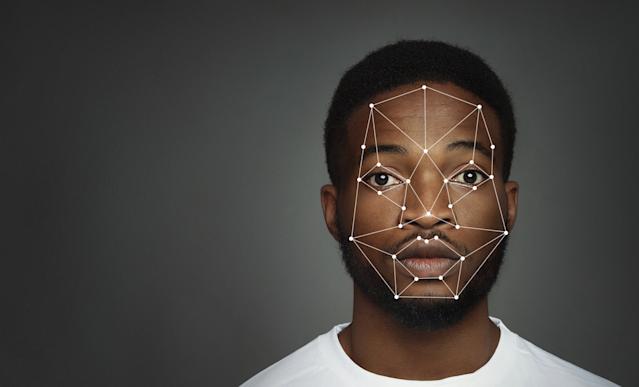Controversial Clearview AI Facial Recognition Tech To Be Used By Public Defenders

Despite the controversy surrounding its facial recognition software, Clearview A.I. has found a new home amongst public defenders.
The move, described as a “P.R. stunt to try to push back against the negative publicity,” has begun allowing public defenders to access its facial recognition database, which holds more than 20 billion facial images.
The controversy explained
Earlier this year, the controversial facial recognition program found itself amid legal drama after being fined more than £7.5 million by the U.K.’s privacy watchdog. The fine came after a few senators called on federal agencies to stop using facial recognition technology built by Clearview A.I.
The app has left many people with conflicting views due to retrieving people’s images. The platform takes publicly posted pictures from Facebook and Instagram without the user’s knowledge or permission.
As a result, for the last few years, Clearview A.I.’s tool has been restricted from being used by law enforcement and now plans to be offered to public defenders.
According to Jerome Greco, the body overseeing the forensics technology lab at the Legal Aid Society in New York, Clearview’s partnership with defense attorneys will not help them move away from the negativity associated with the tool.
“I think it’s a rare situation in which most defense attorneys would want to use it,” said Jerome Greco in an interview with The New York Times.
“This is mostly being done as a P.R.stunt to try to push back against the negative publicity that Clearview has about its tool and how it’s being used by law enforcement.”
Despite being the target of multiple lawsuits and countries such as Canada, Australia, Britain, France, Italy, and Greece banning the software – some public defenders still see the program’s potential benefits.
Bias and ethical concerns in legal cases
Jon Lyon, an investigator resource coordinator at the National Association for Public Defence, predicted “huge interest” in the technology, describing Clearview’s facial recognition tool as particularly helpful for lawyers.
“From an investigator’s standpoint, any tool I can get my hands on, I want, particularly if the other side has it. That, to me, is a win.” Lyon said.
Beyond bias and ethical concerns around the program’s accuracy can potentially cause significant issues in legal cases. According to Jumana Musa, the director of the Fourth Amendment Centre, access to Cleaview’s system will not wipe away the ethical concerns surrounding the development of the tool.
“They can offer it to everybody – the second thing it’s not going to do is make us feel comfortable with the secrecy around how this tool works,” Musa said.
“You don’t address issues in a broken criminal legal system by layering technology on them.”



